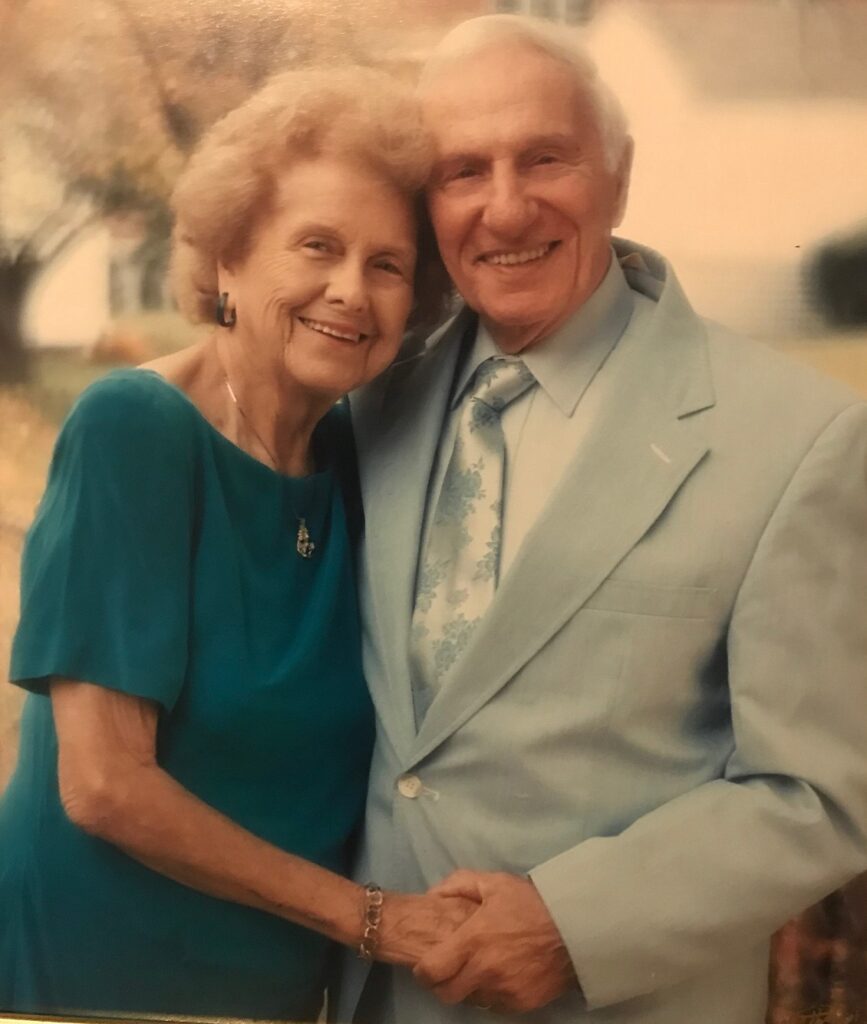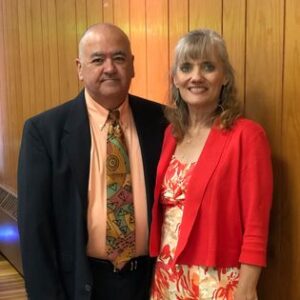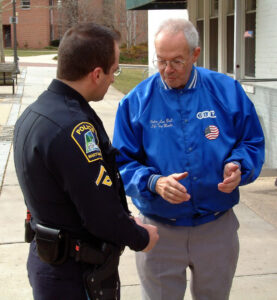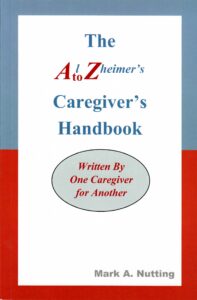What is your perception of dementia? The word dementia is derived from the Latin term “without mind” or “madness.” Dementia is a term widely used to describe a set of symptoms. These set of symptoms include memory loss, confusion, disorientation, change in mood, change in personality, poor insight, poor judgement, and challenges with thinking, language, and processing. Dementia is not a diagnosis. Major neurocognitive disorders, such as Alzheimer’s Disease or Lewy Body Dementia cause symptoms of dementia.
Stigma is defined as “a mark of disgrace; reproach on reputation; mental or physical mark that is characteristic of a defect or disease; hysteria.” There are many communities of people who experience real life stigma. Stigma dehumanizes a certain group of people based upon biases, prejudices, assumptions, and misconceptions.
One of the reasons I chose to write about this topic this month was a result of reading my friend Mike’s post on Facebook. Mike is diagnosed with Lewy Body Dementia and is a courageous and inspirational dementia advocate. He has spent countless hours fighting the battle of dementia stigma. Mike posted this as a response to the recent reveal that Tony Bennett is diagnosed with Alzheimer’s Disease. Mike expressed, “Another celebrity is diagnosed with dementia and the headlines read,” “Their battle with dementia,” “I’m not battling dementia, my battle is what other people think of me because I have dementia.” This statement is so profound and certainly has much more meaning coming from someone who is experiencing dementia stigma firsthand.
My personal experience is with my maternal grand-mother, Ruth, Grammy. She was diagnosed with Alzheimer’s Disease. I learned very quickly how her care partner (my grand-father, Lou, Grampy) attempted to cover for her memory loss and any cognitive impairment that was becoming apparent. Grammy and Grampy were two of the most social human beings with friends and activities overflowing their calendar. This active schedule included regular weekends of ballroom dancing, dinner with friends, trips to Las Vegas and Atlantic City, and family gatherings. As Grammy progressed with Alzheimer’s, they began to isolate, travel, dance, and dine out less, and eventually engagement with family and friends began to dissipate. Dementia brought about isolation for my grand-parents because the stigma was intense. As Mike mentioned, my grand-parent’s battle was what other people thought of my Grammy with dementia.
At the time, I was working in corporate healthcare and promoted an educational event in November of 2006 for Alzheimer’s awareness month where my guest of honor was my Grampy. My hope is that this will inspire others to learn more about dementia, understand that the person is still the person who desires love, sense of purpose, sense of belonging, dignity, respect, and social acceptance.
I invite you to watch and listen my Grampy tell his story.
We have come a long way in terms of the deinstitutionalization of people with dementia. In the early to mid-1900’s most people would be placed in psychiatric institutions. My friend Mike and millions of others putting are forth their efforts to increase awareness and decrease the stigma surrounding dementia. The worldwide Dementia Friendly Community movement has really made strides to make this happen.
Recently, our concerns and efforts have been focused on the pandemic that has touched us all. This pandemic has increased isolation for people with dementia and their care partners. Isolation, withdrawal, and living without purpose and meaning are characteristic of how people view dementia thus creating dementia stigma. Dementia is feared and that fear is driven by ignorance. Educating the public, people with dementia, personal and professional care partners is the only way we begin to encourage people with dementia to actively participate in our communities.







